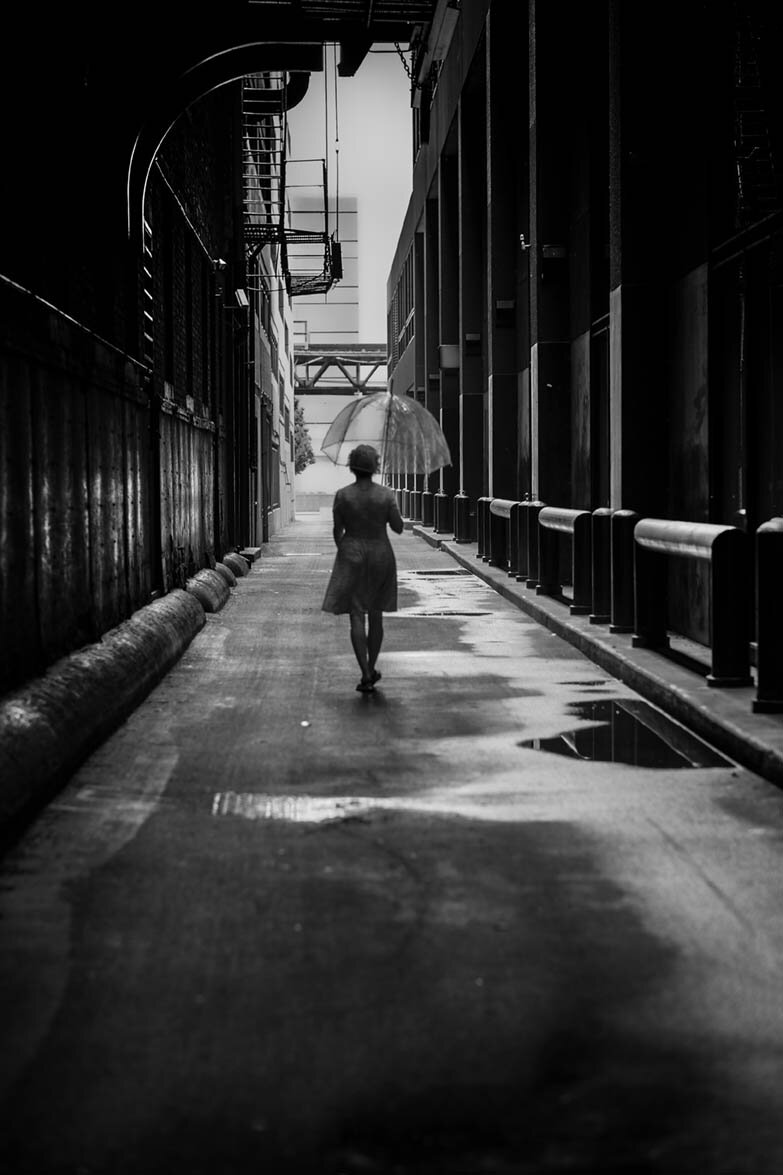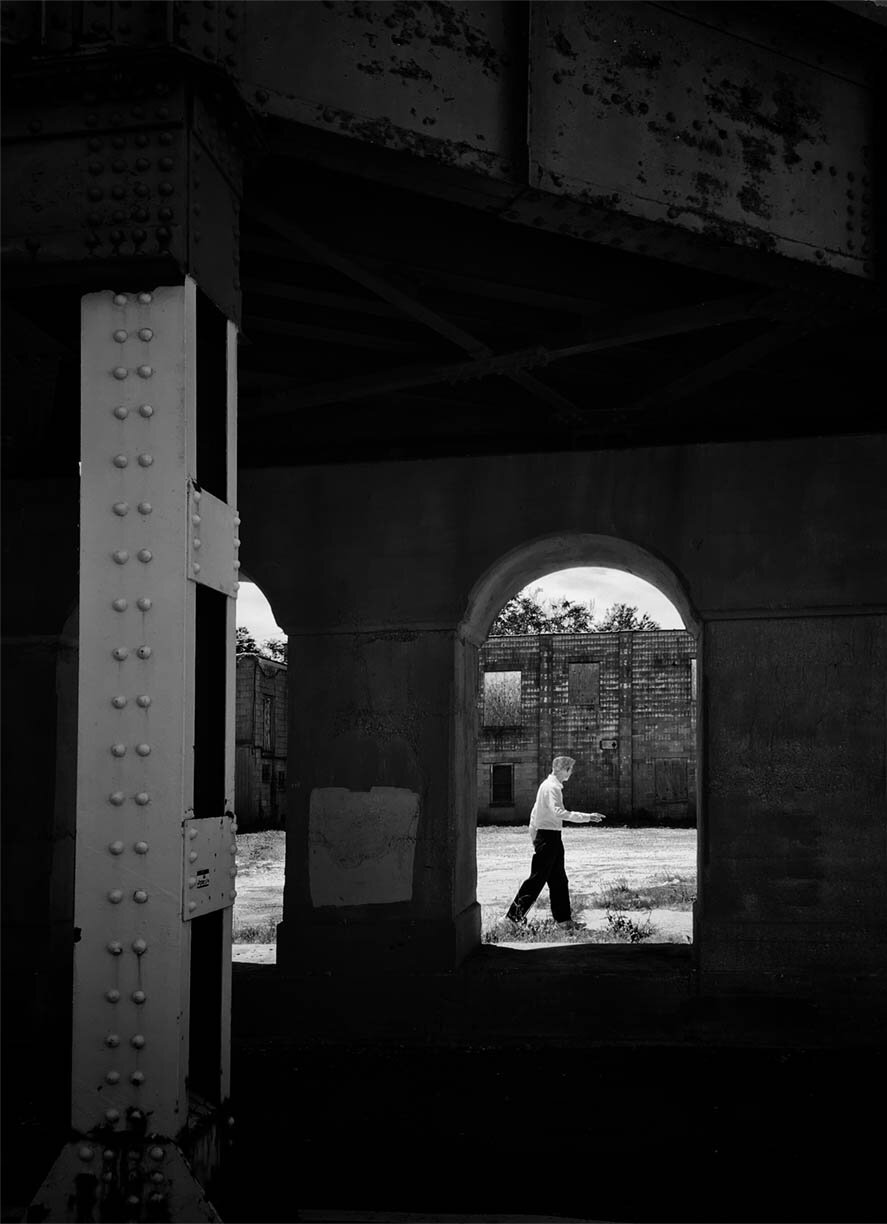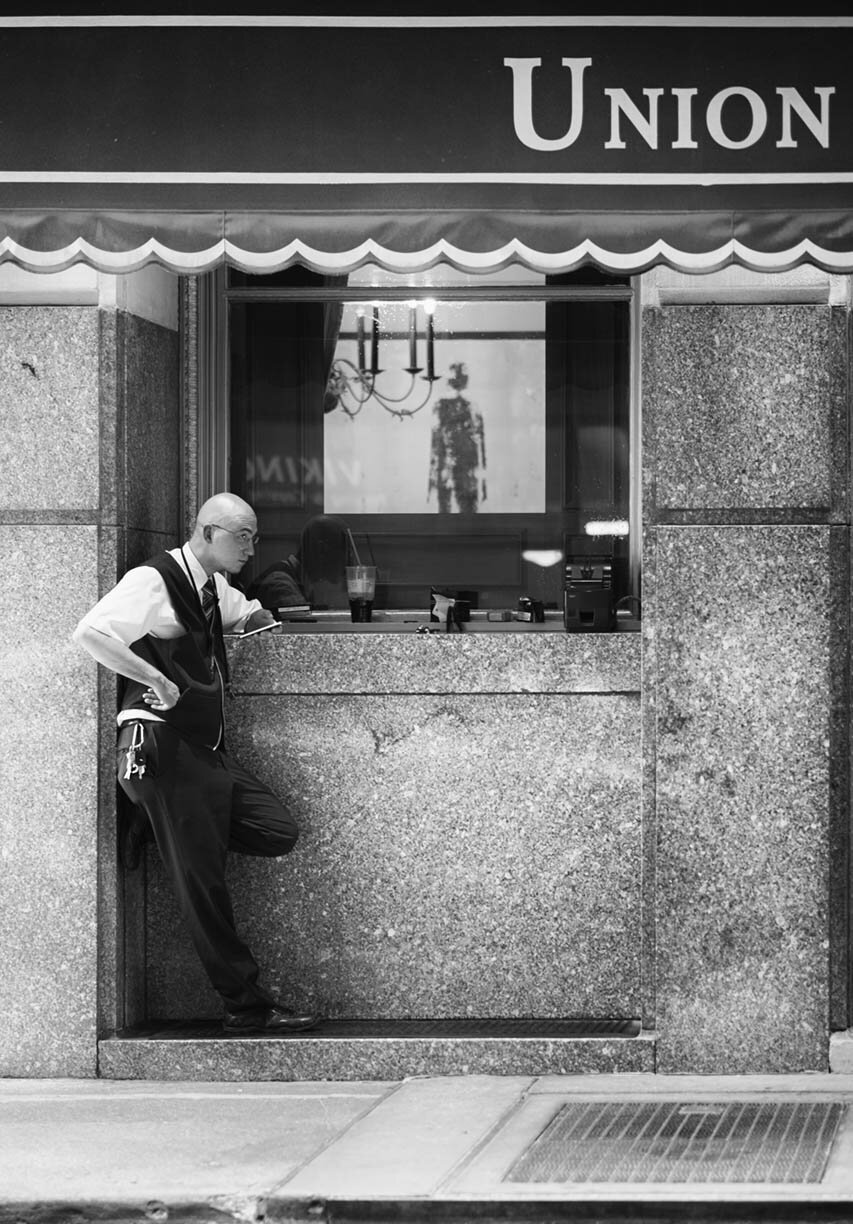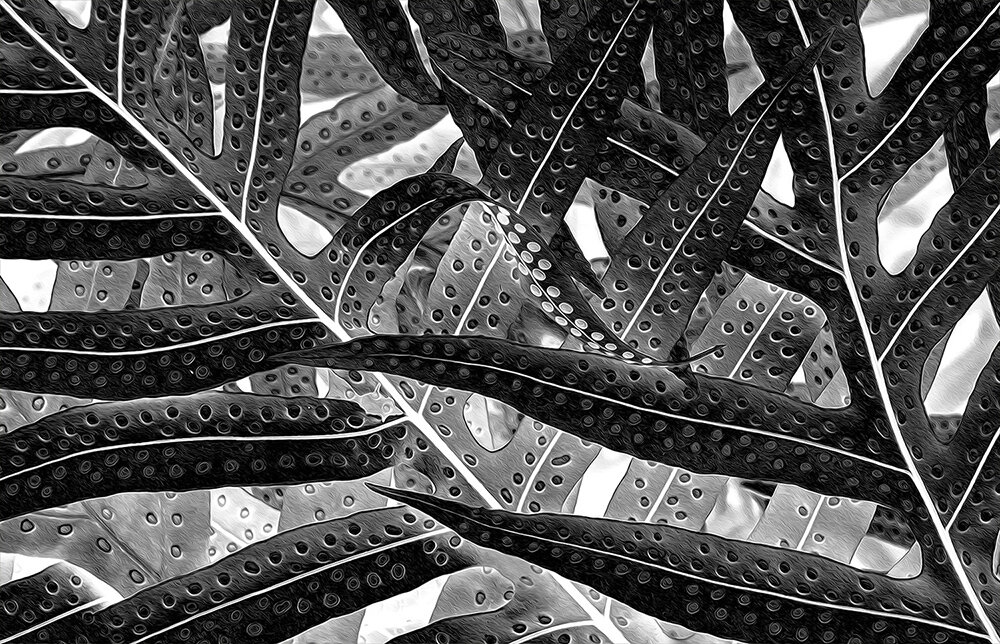Library Locks of Honeycomb
She can hear voices from the inside of her greenhouse-library. They’re quick and fast, as if they’re arguing, and it makes her smile. Young people keep the space alive; she knows.
It’s in their energy—it’s in the way they move their hands. It’s in the way they’re always fighting. Fighting each other. Fighting God. Fighting to be. It’s the way they’re always fighting, and Louisa Marie can hear their voices from the inside of her sanctuary.
And she wants to know more.
Louisa Marie hasn’t had a glimpse of her greenhouse in years, and she’s missed it dearly. Now, she stands in front of its aged glass and domed top. She takes a breath as memories come flooding back. This place feels like praying. It feels like washing your face with warm water after a long day. It feels like a living, warm thing.
Baby’s breath greets her at the entrance, their tiny white heads swaying in the wind and bending to kiss her ankles. Bees and butterflies sing to her around her body; their buzzing chorus brings her back to when she was young, when her hands plunged into deep ground. Louisa Marie sighs again, remembering the way damp earth felt around her fingertips, and how green vines gave life to pink goodness. In front of this patch of land, she once grew strawberries.
A light goes on in the greenhouse, and Louisa Marie looks up. It’s nearing sunset, and indigo is moving across the sky quite comfortably. Louisa Marie can see the shadows of their bodies against the orange-green glow of the windows.
It’s time to go in, she thinks to herself, aware that her time is limited. She can’t remain rooted in this spot forever, she knows.
The door isn’t quite shut all the way, and Louisa Marie eases it open with the toe of her sandal, a movement that’s muscle memory by now. In her right arm, she holds an armful of eucalyptus, and the smell of it wafts around her so pleasantly that she sighs wistfully. Eucalyptus has always been a calming scent of cool mint and honey that could lull her to peace. In her left arm, she holds an old, wrinkled leather journal, stuffed to the brim with yellowed newspaper and sticky notes. The newspaper has words written in watery red ink between the lines. There’s so much runny writing between the columns that the color has slipped from the page and stained the corners pink.
She knows her comments will still be legible, though, wouldn’t be magic if they weren’t.
As she walks into her greenhouse, she mutters, “Now is the time for this,” and doesn’t doubt herself one bit. “There’s a necromancer here, so this must be the time.” That was part of the curse. After all, why else would she feel called back to this space after all these years? This has to be right.
A newly realized necromancer appears in the town of Old Meridian almost every twenty years, and thus, will either fulfill or commence the curse. The curse says that the necromancer will form a coven, and that coven will receive a book of spells from someone with whom the curse had once affected. Louisa Marie. This is why she is back.
Louisa Marie knows that this is how karmic cycles work; she just wishes that her grandchild didn’t have to be part of it.
She enters the greenhouse undetected. Her grandchild and their friend are busy trying to figure out the universe, or at least, the town, and she can understand the concern that lays under their tongues, and she can understand the fear, too. She can hear the stress in their voices from the doorway.
She quietly moves further into the greenhouse and lets her eyes rest on the scene. Mica is holding an aloe vera leaf in their hand and is waving it around as they talk. There’s a knife—one of her old ones—resting on the table, covered in plant gel.
Louisa Marie smiles at the sight of Mica. She hasn’t seen them in almost four years, and my, have they grown. They’re all long limbs and brown skin. All tattoos and angles. Their eyes are dark and sharp, with eyelashes so heavy that Louisa Marie is surprised that they can keep their eyes open. But they’re focused. They’re studying the other one, the one that’s called Abel.
But Louisa Marie can’t focus on that one quite yet. She’s watching Mica. Watching how their cheeks fill with pink. Watching how the light hits their gold cross earrings. Louisa Marie even notices the beginnings of curls—they’ve shaved their head again—but she can see the kinks forming in acts of resistance. They smile at Abel, and Louisa Marie can see herself, and her daughter, in them.
For a second, she is terribly sad and terribly nostalgic. Blue washes through her like she’d just walked through a rain cloud. She misses her grandchildren. She misses teaching them. She misses loving them. She misses being alive.
And she misses her books. All around Mica and Abel are stacks and stacks of books. There are books sitting on the countertops, in piles on the chairs, and stacked on the floors. It looks like they’ve been left open, some leafed through with vigor, but some have never been open. In the back of her greenhouse, she notices gaps on the shelves where these books had been taken, and they’ve amassed throughout the greenhouse.
“It’s not this one either,” Mica says, pointing at a book with a tip of the aloe plant. They sigh, dropping the plant atop the book and turning to pick up another, a larger one bound with green lokta paper. Louisa Marie remembers binding that one herself and knows that it is not what they’re looking for. “And Cleo hasn’t had any luck either?”
“No,” the other one, Abel, says, waving his cell phone vaguely. “She’s been texting me.” He laughs then, mid-sentence, and Louisa Marie watches a dimple appear in his left cheek. “She keeps complaining about all of the eerie antiques in her grandmother’s reading room. She says Bee’s no help—she passed out on the couch.”
Mica rolls their eyes and grabs another stack of books. “It’s not funny, Abel,” they say. “None of you understand this. None of you have heard the things my grandmother told me about this town. We need the spell book to protect ourselves. Are you sure your mom doesn’t have any books like these?”
Abel shakes his head, the smile sliding off his face from the hardness in Mica’s gaze. It was then that Louisa Marie got to take a good look at him. He’s got deep brown skin and browner eyes to match. His eyes are keen and focused on the material in front of him, but every couple of minutes he has to pull a short brown dreadlock from out of his face.
“My mom doesn’t know anything about this kind of stuff,” Abel says. “She probably doesn’t even know what a necromancer is.”
Now, this is a boy. This is a boy with a gift, she thinks. Abel sits in her wooden chair with his leg propped up on a stool and several books on his lap. His eyebrows come together to form a tiny ‘v’ on his forehead as he flips through pages. He shakes his head when he doesn’t find what he’s looking for. Mica puts another book in his lap.
They’ve been searching quite some time, Louisa Marie thinks. She wonders how long. She wonders why it’s now that she’s been called to pass on this knowledge. Finally, she places her belongings down on the table to make her presence known.
Abel looks right at her.
“Hello, Abel,” Louisa Marie says, smiling. When she does, she feels her dreadlocks begin to grow down her long, straight back. They twist and turn into each other, falling a half-inch longer than they had before. Her timer has started—she hasn’t much time.
Abel doesn’t move or make a sound. His eyes dart suspiciously between Mica and Louisa Marie, his brows furrowing even more. Louisa Marie thinks that he looks like a young doe, standing in the middle of an intersection, and it almost amuses her. On the counter next to her journal, the eucalyptus plant begins to grow toward the ceiling.
“You are Abel, right?” Louisa Marie repeats, ages of wisdom and patience behind her voice. Her voice feels scratchy in her throat, and she realizes that this is the first time she’s spoken in years.
Abel looks down at his chest as if to say, who, me? When he looks up again, his owlish gaze doesn’t leave the sight of the top of her head. Louisa Marie has a silver crown of wispy hairs and curls that frame and brighten her face. She looks as if she were lit by a halo.
She feels her locks loop together. They grow in waves down her back. She doesn’t have time to think about this. Louisa Marie picks up the journal with an old, wrinkled hand, and holds it out to Abel. “You must be the necromancer,” Louisa Marie states, holding the journal out with one shaky hand. It’s her bad hand, and whenever she holds it out for too long, pain begins to shoot up her wrists and veins like tiny firecrackers going off inside of her. An old, magic-related injury. “I’ve been made to bring this to you.”
Abel doesn’t move from his spot. “Been made?” he repeats.
“What?” Mica cuts in, their voice like a rusty blade slicing through a sheet of crisp paper. Louisa Marie almost forgot that they are there. There’s a wiry crack in Mica’s voice that makes it painful to hear. “What are you looking at?”
Louisa Marie turns her head slightly to the left to catch a glance of her grandchild again. Mica is standing next to Abel with a deep frown painting their face pink. Their knuckles are squeezed tight around the spine of a book—so tight, their knuckles go white. They stare forward into the shop, looking right through Louisa Marie.
“There’s a woman—” Abel starts.
But Louisa Marie cuts him off. “We don’t have time for introductions,” she says, trying to be gentle, but she can feel her locks growing and knows that the honeycomb that lives in her hair is starting to drip. She can feel the honey slide behind her ear and run down the back of her neck. This isn’t good, she thinks. A eucalyptus leaf floats to the floor. She uses her left arm to thrust the journal out again. “Take this.”
Louisa Marie has been summoned from some of her favorite things: eucalyptus, warm things, and bees. So when bees begin to manifest from her fingertips, she knows that time is ticking away faster than she had expected. They zip around her outstretched arm, all the way to the journal that Abel is refusing to touch. Louisa Marie lets it drop back onto the counter.
“A woman?” Mica has turned ashen pale, hands outstretched, palms up as if waiting to receive something or surrendering. “Describe her to me.”
“She’s got deep brown skin,” Abel says. He’s turned away from Louisa Marie now and is focused on Mica. “So dark—almost blue-toned. She has round small eyes . . . kind of like yours, but darker brown. And these long, long dreadlocks that go down her back.”
Louisa Marie feels her locks grow just past her butt, and the eucalyptus on the counter crawls to join them. A golden bumblebee rests, for a moment, on her nose before she wrinkles it. When it flies away, Louisa Marie takes a step forward to get Abel’s attention.
“They know who I am,” Louisa Marie says, trying to get this out of the way. She doesn’t have much time. “My name is Louisa Marie. Tell them that.”
Abel looks lost between two competing thunderstorms brewing in the same room. He turns to Mica. “She says her name is Louisa Marie.”
Mica takes in a hasty breath through their teeth, but they don’t seem unbelieving. They drop the book they’d been holding and turn to Abel, eyes like steel. “What does she want?”
Abel is thoughtful before remembering the journal Louisa Marie had shakily held minutes before. He seems to jump a little when he notices her keen stare at him. How he forgets about spirits so easily.
“She wants to give me a book.” Abel says this like a question.
“A book?” Mica repeats. “A book,” Louisa Marie confirms, even though she knows that Mica cannot hear her.
Abel nods feebly, looking between the two of them. He’s unsure what to do next. Mica’s face is strained and pinched as if they are in pain, and Louisa keeps staring at him from across the room. Her eyes are dark and boundless. Her hair grows and grows around her shoulders, in wisps, toward the floor.
“Take this,” Louisa Marie says, taking a step forward. Abel isn’t moving or even reacting, and she knows that she doesn’t have much more time. She can feel the honeycomb beginning to gather behind her ears and around her hair. She can hear the bees gathering—hurry up! they say. “Quickly, child. I don’t have much time with you.”
Abel rushes forward as if compelled, stumbling over his own feet, and tripping over strings of eucalyptus. His breath leaves him when he stands in front of Louisa Marie. She stands there like an ancient deity, tall and proud. Old, but not in a delicate way. Somehow, he knows that this is the clearest sight of a spirit he will ever get.
Louisa Marie holds the book out to him. Her wrinkled fingers are adorned in gold rings with symbols on them, like the ones that Mica has tattooed on their body. Abel reaches to grab the book, but Mica intersects, grabbing his wrist. On their fingers are the symbols reflected. He looks between Mica and Louisa Marie again. The journal hangs in the dead air between them.
“Wait,” Mica says, and eucalyptus curls around Abel and Mica’s ankles in a slow wind, looping into their shoelaces and tightening the strings. “How do you know it’s her?”
“What do you mean?”
Mica doesn’t let go of Abel’s wrist. Their eyes are sharp when they stare ahead. They look directly at Louisa Marie, but Abel knows Mica still can’t see her. “There are false spirits, Abel. I know you’re still learning, but spirits lie. They can be deceitful. They can be vengeful. How do you know that what she’s saying is true?”
Louisa Marie clicks her tongue against her teeth in a manner Abel knows well from his own mother. The sound disturbs the bee resting on her cheekbone, and she says, “Who made them so distrustful?” It sounds like she is fussing, like this had been a common problem between the two of them. “If we had the time, my child, I’d tell you the entire history of me. But we don’t. Look at how the honeycomb drips—time is running away from me.”
And the honeycomb drips, and the hair grows, and Mica grabs Abel’s shirt like their life depends on it. Louisa Marie says, “Make them see what you see.”
“She says we don’t have time,” Abel whispers to Mica, turning his head so he can see the way that Mica’s jaw tenses. “She’s got this honeycomb falling from her hair and there are bees¾you see them right? The bees, at least?”
Mica nods minutely. There are bees, yes. Many of them. They had come between the cracks in the windows and squeezed through the bottom of the front door. They had flown around Mica’s bald head and rested on their shoulders. They had buzzed in their ears and had given them goosebumps from their sound. Now, they rest in the crevices of Louisa Marie’s hair, Abel tells them.
“Fine,” Mica says, stepping back. They let go of Abel’s shirt, but they still do not look trusting. “But only because my grandmother used to keep bees a few yards from here.”
Dreadlocks join eucalyptus on the floor of the library, the ends of each intermingling. Abel watches the strings of the plant twist around Louisa Marie’s solid gray locks.
“Quickly, child,” Louisa Marie says, gesturing toward the journal in her left hand.
Abel rushes forward to grab it from her shaky grip. For a moment, both of his hands rest on the thick leather and he feels power surge through his fingers, up his arms, vibrating all the way to his collarbone. For a moment, the book seems to vibrate. Then it feels as if it weighs nothing. And then it explodes in his grip.
“Fuck!” Abel drops the journal like it had caught flame, but when he looks down, he sees that it’s still completely intact. Its pages are unbothered, and the leather is still sturdy.
Mica is next to him again with a frown creating deep lines on their face—lines that didn’t seem quite right for someone so young. “What happened? Are you okay?”
Abel’s hands are red and angry and burning. He waves them as if trying to cool them off. “Fuck,” he repeats. “I need some water or something. I feel like I just touched an open flame.”
Abel looks from his hands to Louisa Marie, who, has a swarm of bees fluttering around her gray head like a storm cloud. Her eyes are wide with shock, her hands shaking at her waist. “That’s not supposed to happen,” she says. She shakes her head, and honeycomb falls to her feet. On the ground, her hair wraps and twists with eucalyptus. Abel knows that they only have a few more minutes together.
“What is supposed to happen?” Abel questions, hands throbbing. His throat feels tight.
“Not that,” the old woman says, suddenly looking very tired. Her frown weighs her face down with lines like Mica’s. She narrows her eyes at him. “You were supposed to be the one.” She shakes her head. “The one who sees spirits is the one who receives the book,” she says, as if quoting a passage, she’d once read. “That’s how it’s always been.”
Abel’s heart seems to ram against his ribs. It suddenly doesn’t feel as warm in the library, and the sun has gone down early. Mica seems far away, even though they’re only feet away. “What do you mean?”
“I mean something’s been undone,” Louisa Marie says, eyes wide. She looks up at Abel, and with every movement, something comes apart from her: a piece of honeycomb dwindles, a dreadlock grows detached from its root, a bumblebee falls from the air. She looks at Abel and doesn’t let her eyes leave his. “You’ve got to find someone who can open this book.”
“You can’t do it?” Abel asks, staring at the book that now sits atop a pile of Louisa Marie’s hair. He’s anxious now, and he feels his heartbeat in his throat, almost forgetting about how his hands flash with pain.
“No, not me,” Louisa Marie says. “It was never me. It’s got to be you—or someone like you. Tell me, are there any other necromancers in town?”
Abel shakes his head profusely, his own short dreadlocks bouncing against his forehead. When he reaches his hand up to move them away from his eyes, he finds that his forehead is sweaty. “No—I mean, not that I know of. I don’t know anything,” he admits hastily. “I don’t know anything about this town.”
Louisa Marie appears to be fading. Having given the book, time is running out; there is nothing else she is meant to do. “I’m afraid I don’t know what to do,” she admits. She drags her hands through her hair, and when she pulls her hand away, dreadlocks, honey, and honeycomb follow. She shakes them off her hand, and they land atop the journal. “There is one thing,” Louisa Marie says. “Find Qweli. She’s worked in this town for years. She may know how to get this book open. Bring it to her, if you can find her.”
But Abel is uninterested in another long game of hide-and-seek. “What’s so important about this book, anyway?”
Louisa Marie smiles then, gently, but with a certain type of hardness that reminds Abel, again, of his own mother. “This is the town’s oldest spellbook. It’s meant to help you survive Old Meridian’s Curse.”
Abel’s hands burn and burn. “But what is the curse?”
Bees surge around the hands and feet of Louisa Marie. She shakes her head sadly. “This town just takes and takes and takes,” she says. Her white robe drips with honey as eucalyptus climbs up her sleeve. “You know Old Meridian was started by a woman like me?” she says laughing. “And that was stolen from us, too, so the town wants revenge. There’s a pain here, Abel.”
“But what does that mean?” Abel cuts her off, his pain and his fear forgotten. This doesn’t make any sense. He can’t figure out what she is saying.
“Pain and fear made this town want to eat itself!” Louisa Marie exclaims, and suddenly she goes blurry. Bees rise from the ground and begin to envelop her completely. Eucalyptus, hair, and honey all join forces to twist around her body. Abel can only see yellow and green and brown, and nothing more. “The book is supposed to help you put the mournful souls to rest—it’s supposed to help this town find peace.” Louisa Marie’s voice cracks at the end, and Abel hears a sound like thunder.
There’s roaring in his ears as bees fly in circles around the woman’s body, faster and faster until they become a loud, yellow blur in the middle of the library. He kneels by the counter and covers his eyes until the noise stops. He enfolds his arms for what feels like years.
When the buzzing fades, an eerie quiet fill the library. Abel slowly lifts his head and finds that Mica is kneeling beside him, holding a glass pitcher of water and some bandages. They have their hands on Abel’s shoulders like they had been comforting him—as if he’d been crying.
“What happened?” they ask. “Is she still here?”
Abel shakes his head back and forth before looking up. “Look,” he says.
In the place Louisa Marie once stood are thousands of dead bumblebees, all crumbled around the leather-bound journal.
___________________________
Talia Wright is a Chicago-based interdisciplinary artist and writer. She has been published in In These Times and Poynter Institute. She is a 2019 Pink Door Fellow.










